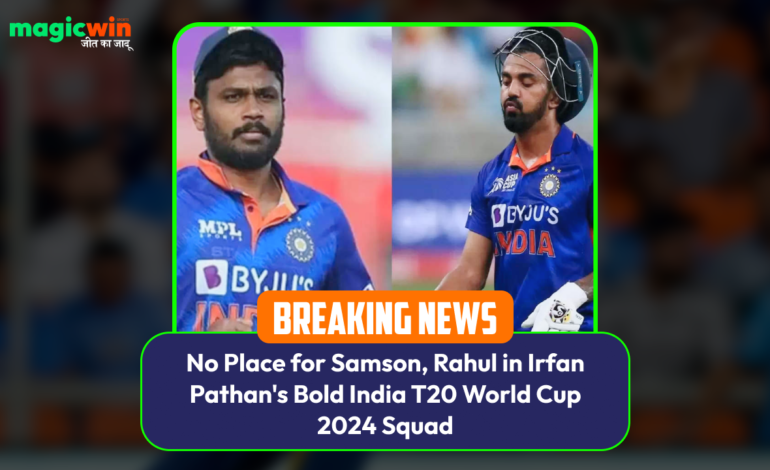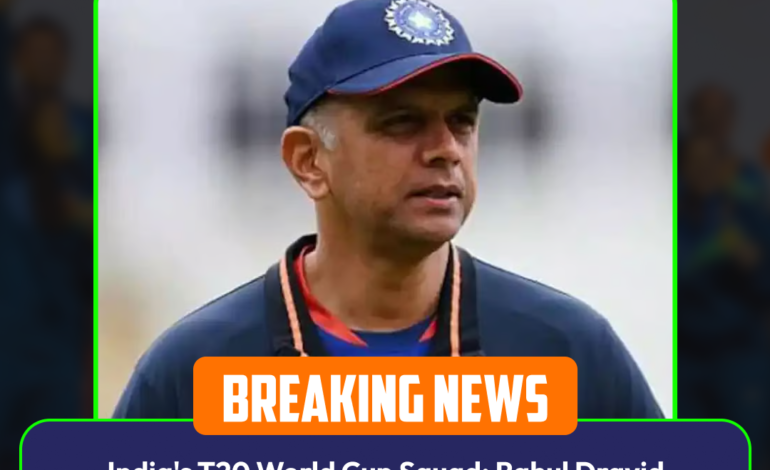The only highlight of Saurav Ghosal’s never-ending Peter Pan-like squash career were the delightful nicks that hit the side wall and trickled to the front walls. On the court, he maintained a sense of humour and humility.
The 37-year-old recalls his first squash game with vivid detail. With his father watching at the Calcutta Racket Club, an eight-year-old Ghosal enjoyed creating geometrical angles on the court with the racquet and ball.
The 37-year-old recalled his first steps on the court the day after announcing his retirement from professional squash, though he will continue to represent his country.
“I didn’t know any squash players’ names at the time. I just started visualizing different angles on the court, which drew me back to it repeatedly. “That’s what has kept me going all these years,” Ghosal told The Indian Express from Chennai.
While Ghosal began his PSA career at the Country View Open in 2003, 21 years ago, his title victory in the 2004 British Junior Open in Sheffield, England, demonstrated his immense potential after defeating Egyptian Adel el Said in the final. The Kolkata player recalls how the win over the Egyptian gave him confidence that he could also succeed at the senior level.
“It has been a long time since that accomplishment. I recall not being seeded and playing below par at the time. But the quarter-final victory over the third-seeded Egyptian made me believe in my bones that if I won today, I’d win the title. The junior British Open title was like a springboard for me as I transitioned from junior to senior level, and it remains one of the fondest memories of my career,” Ghosal recalled.
Ghosal played 511 PSA Tour matches between 2003 and his last appearance at the Windy City Open, where he lost to Timothy Brownell of the United States in the round of 64. The 37-year-old won 281 matches overall, including 18 PSA Tour finals and ten titles.
Ghosal also entered the top ten in 2019. It came after he reached the quarterfinals of two world championships: the PSA Grasshopper Cup and the Macau Open. “To reach the top ten had been a dream, the six months among the world’s top ten remains a cherished memory,” Ghosal said in a statement.
Ghosal won over some of Egypt’s top-ranked squash players as the country dominated the squash world. In his career, the Indian had a 4-2 win-loss record against England’s Marwan El Shorbagy, who is currently ranked ninth. In 2015, the Indian defeated the former world No.1 to win the Kolkata International, and he has two wins over current world No.7 Mohamed El Shorbagy of England in his PSA career.
“Technically speaking, all Egyptians are excellent players. As an opponent, one must find a way to limit their abilities while also playing aggressively to take advantage of opportunities. One cannot be negative toward them, and I discovered that if one can introduce some new angles against them from the start, one has a chance. As a general rule, reduce the angles and keep the game compact, while not giving them too much space,” Ghosal said.
Ghosal’s game evolved from a high-energy bounce-ball on the court to a more cerebral, patient, stamina-based point-construction style. Because he wasn’t particularly tall or muscular and couldn’t impose himself on the T with elbowing physicality, Ghosal used deceptive variations and exploited opponents’ patience by injecting sudden pace and backhand pretzels on the front court. The 37-year-old maintained insane fitness standards while studying sports science, remaining relevant well past the age of 30.
The Indian had a special rapport with people like James Willstrop. “All of these players have been a part of my PSA journey, as has my touring family. During our free time, James and I would always visit new restaurants and tourist attractions, and we would occasionally discuss different points of view on life. Ghosal added that it also helps you grow as a person.
The Indian also had a long association with Willstrop’s father and coach, Malcolm Willstrop, training at the Pontefract Squash and Leisure Club in England until 2018, when he began training with four-time British Open winner and former world No.1 David Palmer.
“Malcolm was more than a coach to me. He was a father figure who taught me a lot about life. His main piece of advice was to simplify the game and avoid overcomplicating it. With time, David understood how I needed to bring intensity to my game and impose it on opponents, which helped me in the 2019 World Championships, which I consider to be one of my best performances on the professional circuit,” Ghosal said of the Chicago high.
Ghosal won India’s first Asian Games singles medal in squash in 2006 in Doha, and he has won a singles medal in every Asian Games since, with the exception of the 2022 edition, when he won India’s only Commonwealth Games medal. With four team Asian Games medals, including last year’s gold medal in Hangzhou, Ghosal hopes to add to his trophy cabinet.
“In addition to working on a blueprint for Indian coaches, I have plans to introduce squash to schools. In addition to the upcoming Asian and CWG Games, I will be available for India’s World Doubles Team Championships this year. But I’ll take it year by year,” said Ghosal.
After two decades of touring, he now has some free time to enjoy music and books, as well as spend time with his family. “I enjoy listening to Adele’s music and once attended her concert in England in 2017. Now that I won’t be traveling as much, spending time with family will be especially important,” concludes Ghosal.


